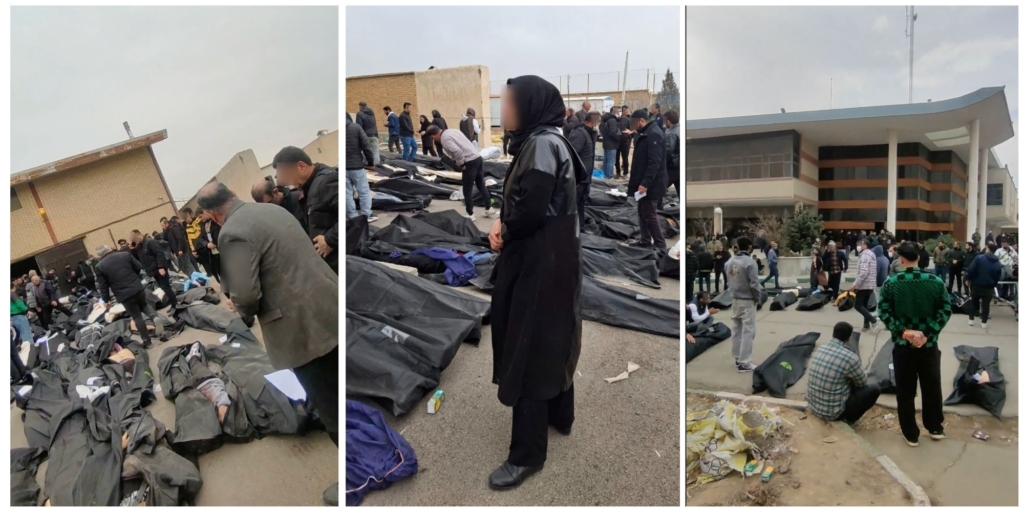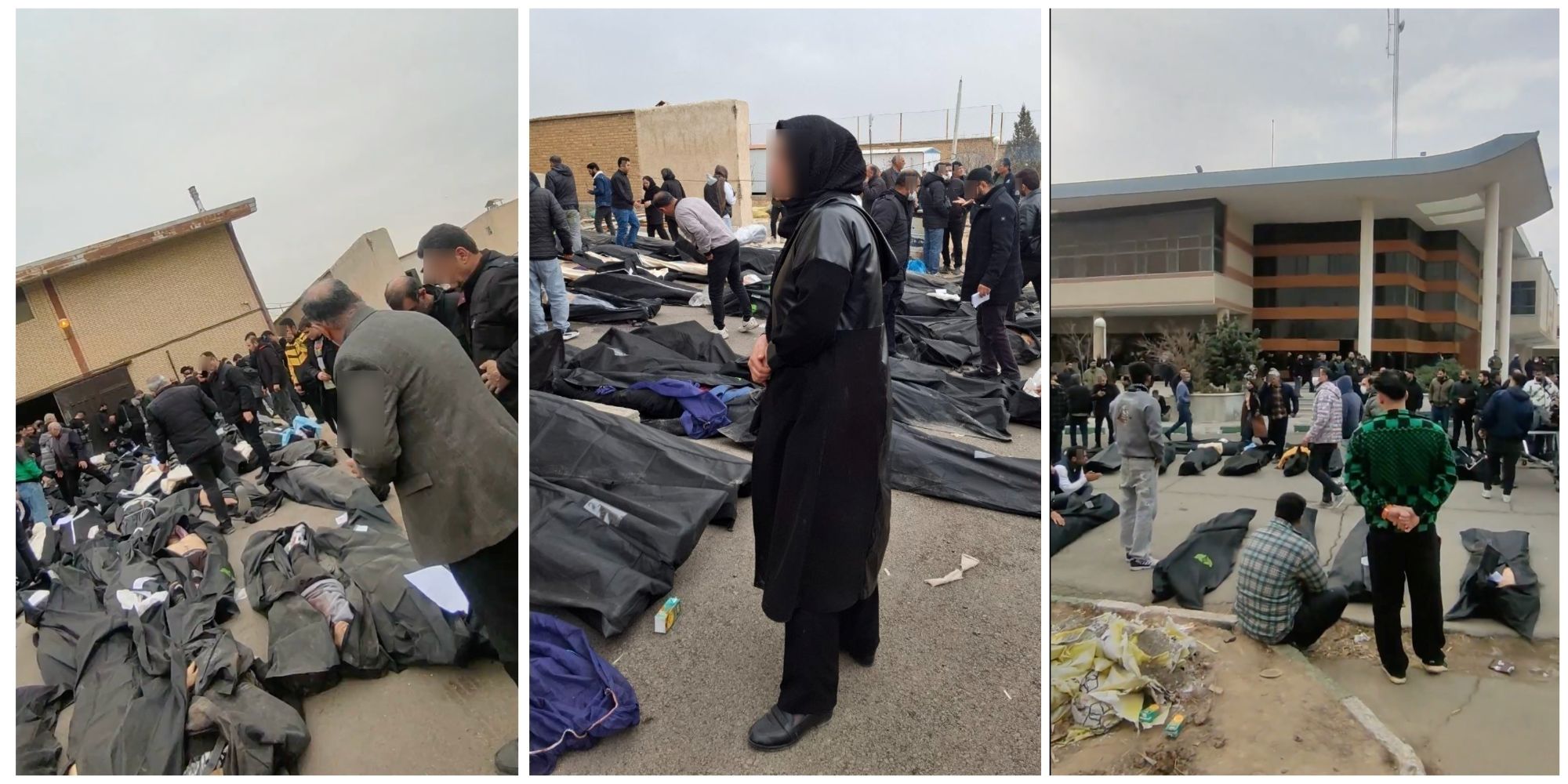France is about to take one step closer to becoming a “surveillance state” with a new bill up for a first vote on May 5th dramatically expanding the government’s power to spy on what people do online and offline.
The authorities claim the bill is needed to better prevent terrorism and “any form of foreign interference” and promote “essential foreign policy interests”. However, the overly generic definitions are likely to leave the door open to abuse.
Here are some of the things the French authorities will be able to do without first obtaining authorization from a judge.
Possibly intercept all your online communications
French authorities could be able to secretly look at the emails people send, the information they store in the cloud, their confidential online records, including medical appointments and the searches they do on engines such as Google.
See who you are in contact with
The French authorities will be able to secretly hack computers and mobile devices and spy on emails and texts of anyone they “suspect” of being in contact with someone involved in suspicious activity, even if the person isn’t aware or does not intend to participate in this suspicious activity.
Capture everything an individual types
They will be able to secretly fit monitors in keyboards and see everything a person types on their computer or mobile devise, including private messages.
Force telecoms companies and internet service providers to reveal information about users
The French authorities will have the power to force companies to reveal information about the dates, originators and recipients of any messages individuals send online.
Use technology to know where a person is, at any time
They will be able to use “proximity sensors” in field surveillance in order to ascertain the location and identification of particular people and even place bugs in cars and apartments. No place will be off limits.
Read Amnesty’s press release France: Halt rush towards surveillance state
Join Amnesty International’s #UnfollowMe campaign calling on governments to ban mass surveillance and unlawful intelligence sharing.






















